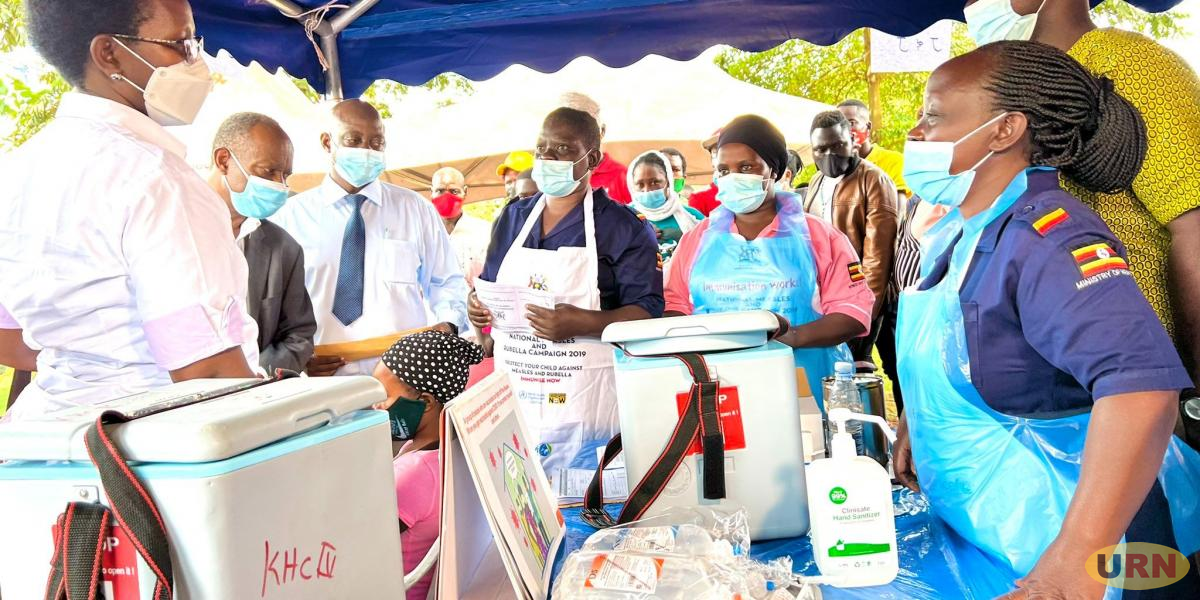A $USD 3 million project to assess the use of digital solutions to pay health workers involved in immunization campaigns has been launched.
The project by the Makerere University School of Public Health will over the next three years study the effect of payment of health workers using digital platforms. They will be paid on time and the right amounts and will gauge their performance and achievement of immunisation targets.
The project is based on the World Health Organization (WHO) and Makerere University backdrop research that late payment are one of the biggest hiccups that derail efforts in tackling infectious diseases in Africa.
Dr Peter Waiswa told journalists attending the launch of the project that they will partner with mobile money operators to carry out the project. Among the research questions to answer will be what is the preferred mobile money providers for health workers; what costs are incurred in the process of digital transfers; regional preferences for digital payments in Uganda?
Dr Alfred Driwale, who heads the Uganda National Expanded Programme on Immunisation (UNEPI) however cautions that the method might come with it’s own challenges of having to go through verification of large data sets of health workers since the teams they use vary with the campaign being conducted.
He said however that what is causing delays in payments currently is the fact that they don’t have a permanent database of health workers used in community-based health initiatives and always have to first manually register them before uploading them on the system.
Recently, Wakiso District Chairman Matia Lwanga Bwanika expressed anger that Village Health Teams that assisted in a recently concluded polio campaign that targeted 8.8 million children are not yet paid even as the campaign was heavily funded. He said it’s unfortunate that government cannot quickly pay off teams that help in one-off government campaigns complaining that his electorate now thinks his office might have swindled the money.
But, responding to these concerns, Driwale said the government is not to blame for these as there are many strands of verification that they have to undertake. Meanwhile, it’s still unclear how many children were vaccinated in the January campaign and how many of the health workers that were involved have so far been paid. This report, Driwale says will be made public soon. They targeted to reach 8.8million children aged five and below.


